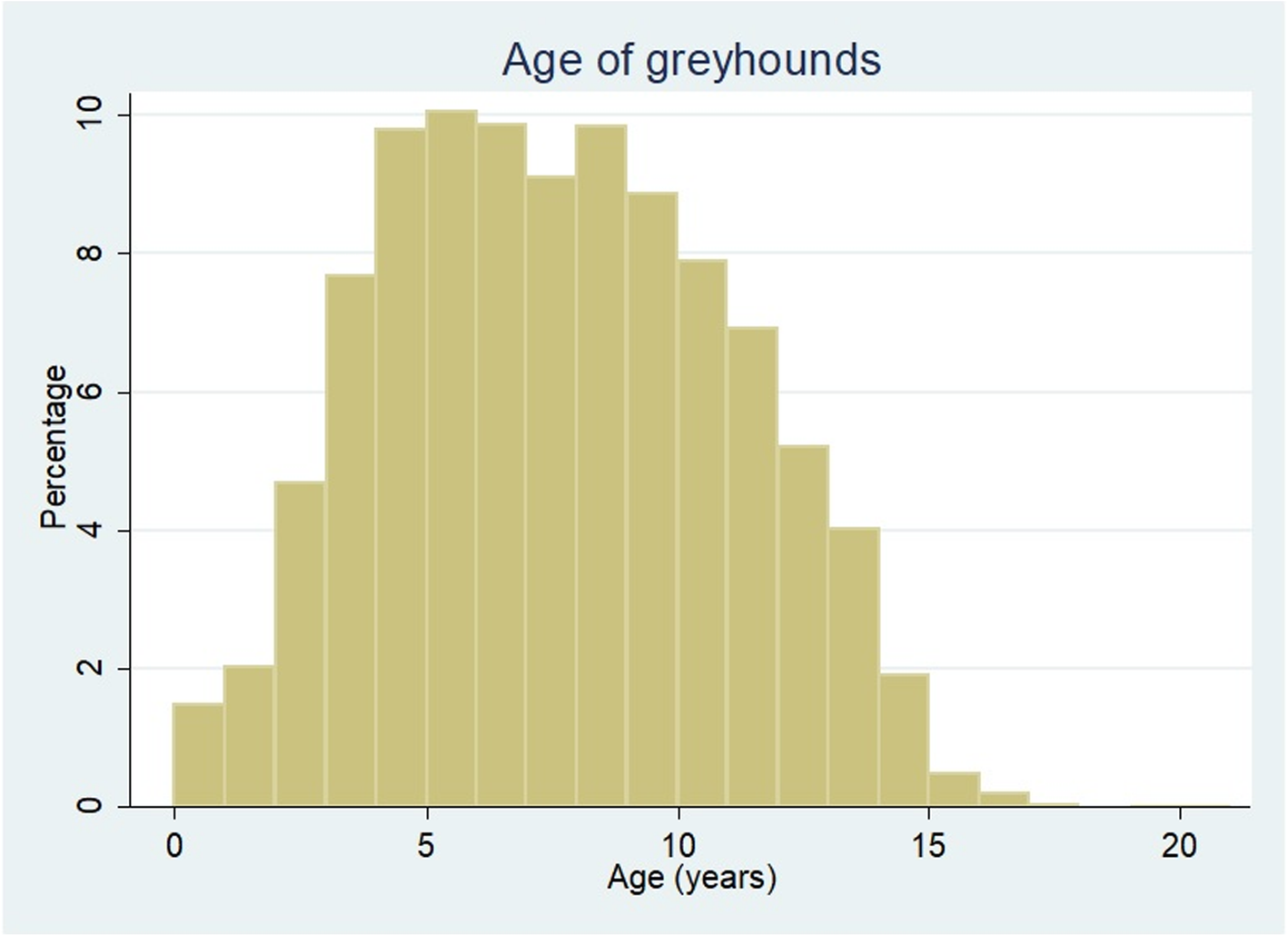- Joined
- Apr 26, 2021
- Messages
- 42
I try to keep up with brushing their teeth. I have slacked lately, and both of their gums are now bloody when I brush. My vet had told me to add 16oz of water to their meals, and they get 2 meals per day. Inam worried that the softened food may be contributing to bad oral health. I tried giving them beef rib bones, that were raw, but one of them swallowed half of the bone as he does with most longevity snacks, it's like he cannot eat fast enough. So I don't want to give him things like that anymore. Any thoughts? Should I cut out the water? I do like that they are so well hydrated though

